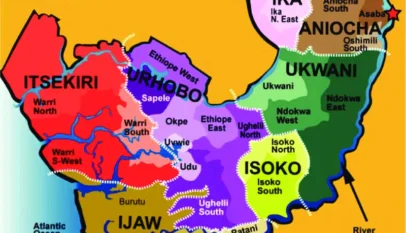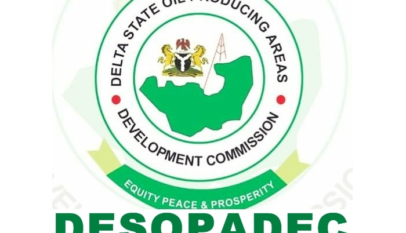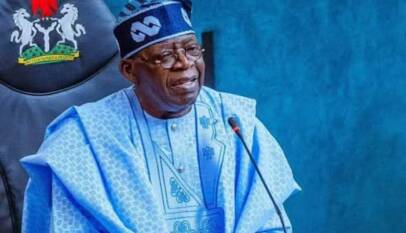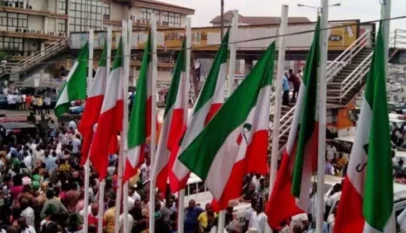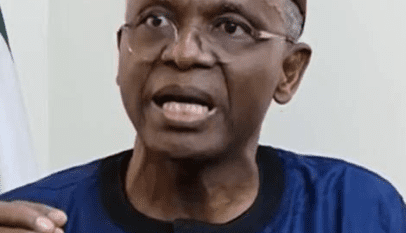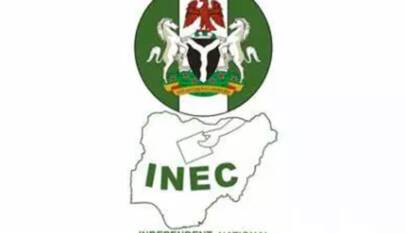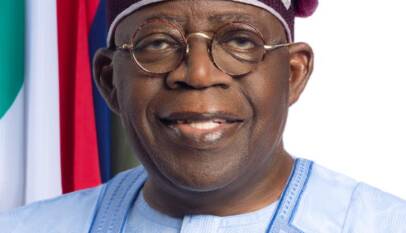The Itsekiri Leaders of Thought (ILOT) have accused Delta State Governor Sheriff Oborevwori of nepotism in the allocation of contracts and projects for oil-producing communities under the Delta State Oil Producing Areas Development Commission (DESOPADEC).
ILOT, a non-partisan organization representing the Itsekiri ethnic group, raised concerns about alleged bias in the distribution of DESOPADEC’s N5.5 billion budget for centralized projects in 2023. They claim the allocation overwhelmingly favours the governor’s Urhobo ethnic group to the detriment of other oil-producing communities.
The latest accusation against the governor comes on the heels of a complaint by stakeholders, who accused the governor of diverting the state’s oil fund and starving the interventionist commissioner of funds.

Governor Sheriff Oborevwori
Disproportionate Allocation Sparks Outrage
According to documents obtained by ILOT, the Itsekiri and Ijaw groups—who collectively account for over half of Delta State’s oil and gas production—were allocated a combined N730 million, representing just 14% of the budget. The breakdown shows that the Itsekiri received N315 million (6%), while the Ijaw got N415 million (8%).
In stark contrast, the Urhobo group was allocated N3.84 billion, a staggering 70% of the total budget.
Further scrutiny revealed that N3 billion of the Urhobo allocation was funnelled into projects in Osubi, the governor’s hometown in Okpe Local Government Area. Notably, Osubi is not classified as an oil-producing community, raising questions about the legality and fairness of the allocation.
Other oil-producing ethnic groups, including the Isoko, Ndokwa, and Ika, were left with allocations of 4%, 9%, and 4%, respectively, amounting to significantly less than their contributions to the state’s oil revenue.
Contributions of Oil-Producing Communities Ignored
ILOT emphasized that the Itsekiri and Ijaw communities contribute 29% and 27%, respectively, to Delta State’s total oil and gas production. Combined, these two groups account for 56% of the state’s oil output, which forms the primary source of revenue for DESOPADEC.
In their formal complaint to Governor Oborevwori, ILOT stressed that DESOPADEC was created by law to address environmental degradation and infrastructural deficits in oil-producing communities.
They pointed out that the law explicitly mandates that 50% of Delta State’s 13% derivation fund from the Federation Account Allocation Committee (FAAC) be allocated to DESOPADEC for the exclusive benefit of oil-bearing communities.
“The commission was established to utilize part of the derivation fund for the development of communities adversely impacted by oil exploration and production,” the letter read. “This fund is not intended for use in non-oil-producing areas or to replace state government development initiatives elsewhere.”
ILOT also criticized the state government for deviating from DESOPADEC’s established formula, which traditionally considers the proportion of oil production from each ethnic group’s territory. This practice, they argued, has previously ensured equitable resource distribution among all oil-producing ethnicities.
Calls for Redress
ILOT described the current allocation as an act of “injustice” and a “breach of trust” that could erode social harmony among Delta State’s ethnic groups. They called on Governor Oborevwori to revisit the distribution of funds and projects, aligning it with the law and principles of equity.
“We urge the state government to uphold the rule of law and ensure that resources meant for oil-bearing communities are distributed in a fair and just manner. This is essential to maintaining peace and fostering unity in the state,” the letter added.
Wider Implications for Delta State
The controversy surrounding DESOPADEC’s 2023 budget allocation has reignited longstanding grievances over resource control and distribution in Delta State.
Many see the alleged favouritism as emblematic of deeper systemic issues, where oil-producing communities often bear the brunt of environmental degradation without receiving commensurate developmental benefits.
Observers warn that ignoring the grievances of marginalized communities could lead to heightened tensions and unrest, particularly in a state as ethnically diverse and resource-rich as Delta.
For now, the ball remains in Governor Oborevwori’s court to address the growing discontent and ensure that DESOPADEC fulfils its mandate equitably and transparently.




